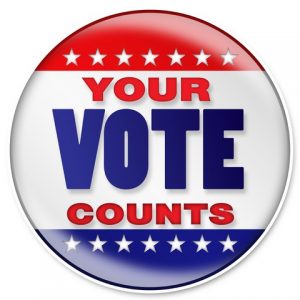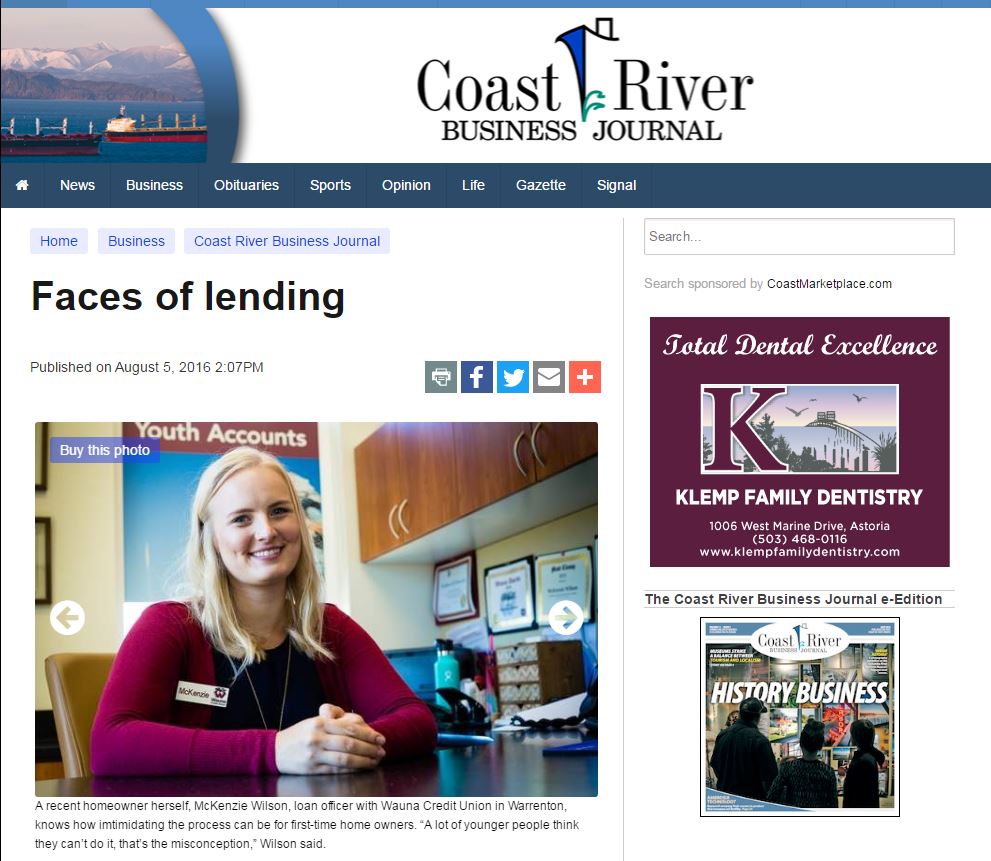Whenever we talk about Wauna Credit Union and what we do it comes back to the members. Anybody who has an account, loan or credit card at Wauna CU is a member and a shareholder, and gets a say in what we do. Nowhere is that more tangible than with the voting for our board of directors. Today  through February 26, 2017 all members age 18 or older who are in good standing are eligible to cast a ballot, either online, by mail or on Facebook.
through February 26, 2017 all members age 18 or older who are in good standing are eligible to cast a ballot, either online, by mail or on Facebook.
Unlike for profit banks, where maximizing dividends for stockholders is most important, a credit union’s board sets policies to make sure decisions are in the best interests of you, the member-owners. Wauna Credit Union’s board consists of dedicated volunteers who represent the interests of the member-owners by meeting regularly with credit union management. This year we are electing three people, each of whom will serve a 3-year term.
As an added incentive 10 random voters will win $50 as a thanks from us for helping make sure our board reflects the wants and aspirations of all our members.
To learn more about the elections, as well as our annual meeting where we will announce the new board, visit our annual election page (waunafcu.org/about/annual-elections). Each of the candidates has provided a few words on why they want to serve on the voting page (cuballot.com/waunafcu).
There are three ways to vote.
To vote by electronic ballot:
- Go to the Wauna CU website (waunafcu.org)
- Click the link for the 2017 Board of Directors Elections
- Select the Vote Now button and follow the instructions now
To vote by mail:
- Call 877-597-9507
- Select the option to vote by paper ballot
- All ballots must be received by February 26
To vote on Facebook:
- Visit our Facebook page (facebook.com/WaunaCreditUnion)
- Click on the button to vote and follow the instructions
We hope everybody gets a chance to vote. The more members vote, the more opportunity to have a board that fully represents the membership, and the better Wauna Credit Union is able to meet the needs of our diverse community.





